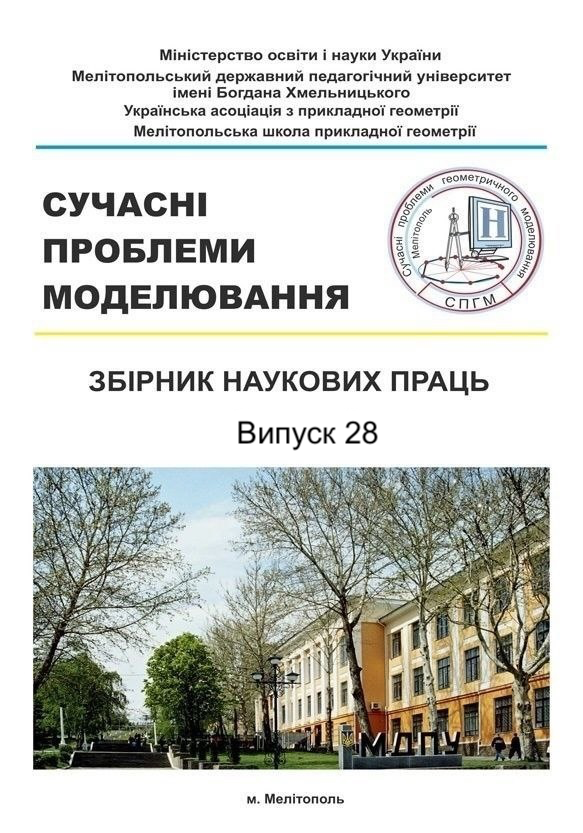MATHEMATICAL MODEL OF INFORMATION REPRESENTATION IN MEMORY FOR SOFTWARE PERFORMANCE ANALYSIS
Abstract
In today's digital landscape, the efficacy of software is pivotal for the success of key economic sectors, including finance, commerce, healthcare, freight, and energy. Suboptimal software performance can incur serious repercussions, such as diminished computing system productivity and reputational and potential losses.
Software performance issue detection is multifaceted and challenging. Problems can stem from various causes: low algorithm efficiency, outdated technologies with poor performance, programming languages failing to fully leverage computing capabilities, and mismanagement of resources or software architecture. These factors may interact in complex, unpredictable ways, complicating effective diagnosis and resolution, leading to unforeseeable breakdowns, data loss, and erroneous system operations.
The gravity of solving these issues is accentuated by the prevalent use distributed systems, where minor defects can significantly impair productivity. Thus, the capability to identify, analyze, and resolve software issues is crucial in software system development and maintenance. Hence, the task of developing new mathematical models for detecting and analyzing software performance problems is of current interest. In the IT sector, software analysis aimed at optimization is essential for devising competitive software solutions. Software reliability becomes a decisive factor in developer selection and correlates with a firm's market sustainability. Quality software utilizing fewer computing resources reduces costs, vital for competitive viability. Reliability, security, and vulnerability resilience are key in preventing personal data leaks or other sensitive information exposure.
Considering these factors, examining and addressing software performance issues is not only academically significant but a strategic global IT industry priority. This study examines software performance problems, presenting approaches for identifying software inefficiencies and optimization. It conducts an analysis of methods for detecting software performance issues, offering recommendations and constraints on the application of these methodologies.
Key words: software, performance, memory snapshot, duplication, granularity.




